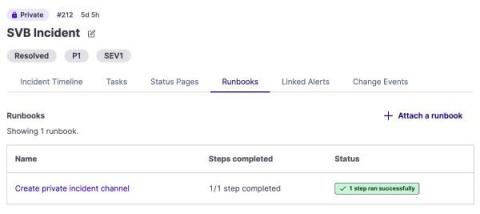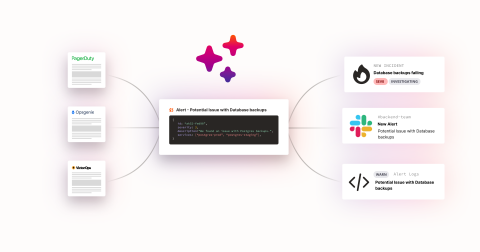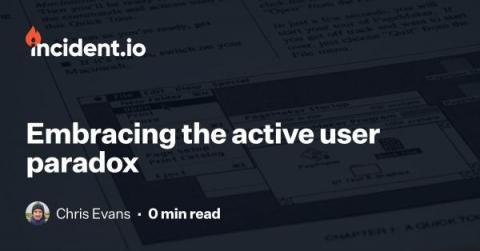How FireHydrant handled the SVB banking crisis
On Thursday, March 9, 2023, something was afoot at our primary bank, SVB. By Friday, March 10, 2023, messages from our investors helped us quickly understand that FireHydrant needed to maneuver through a complex incident that was unfolding. Operational incidents are incidents like every other.










